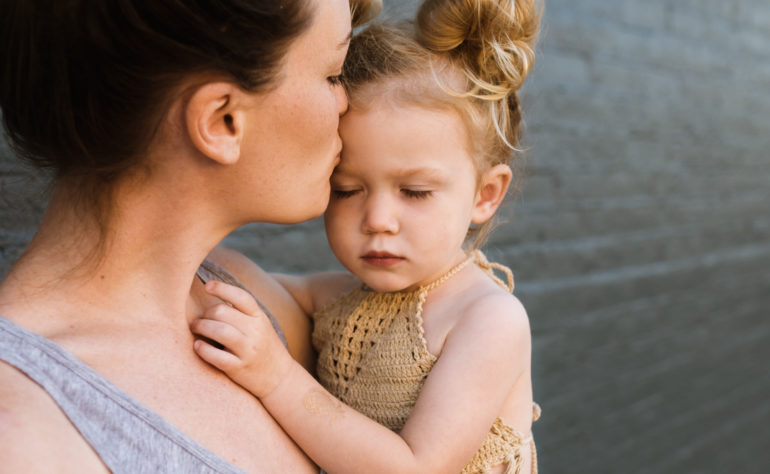Are you concerned that your child may have this condition? Here are a few steps to guide you.
First, write down a list of all the behaviors and symptoms your child is presenting and that worry you.
We mention the fact of noting symptoms because many of the sufferings that children with autism encounter are usually not associated with the condition but they are a key piece of the complete clinical panorama; for example, suffering from constipation and/or diarrhea.
Second, consult with specialists. Your list will be key to help you remember any and all details during your visit with specialists. This way you will be prepared to ask about specific events that have occurred and that you are concerned about.
Every child with autism is different; however, some patterns of behaviors have been established that can guide us. If your child has the following behaviors, he should be evaluated as soon as possible.
- Little or no language or used to talk a lot but no longer does
- Echolalia, repeats the same thing constantly or repeats what he hears (phrases or words). He answers you with the same question you asked
- Acts as if he were deaf, however, he does not tolerate certain very strong sounds like blender or microwave
- Does not look directly into your eyes, no direct eye contact
- Obsesses with objects for no reason
- Shows no interest in toys and/or does not use them properly
- Loads many toys from one side to the other without making any sense and without the purpose of using them
- Tends to gather objects, puts them in line or stack them forming a tower
- Shows total disinterest by his surroundings and in the social interactions with others
- Does not respond to his name
- Does not obey or follow directions
- When he wants something, he does not ask for it, instead he takes someone’s hand by directing them to what he wants
- Refuses physical contact. He does not like being touched or carried
- Flapping his hands (as if trying to fly) in rhythmic and constant form
- Rotates or rocks himself
- Turns objects for long periods of time
- Stands still watching a point as if he were hypnotized
- Walks on his tippy toes (like ballet)
- Can be hyperactive (very restless) or hypoactive (extremely passive)
- Shows aggression and/or can be self-aggressive (beating itself) at times
- Has a big obsession with order and routine, rejects changes
- Gets very angry and has tantrums for no apparent reason or because he did not get something
- Has episodes of laughter for no apparent reason
- Extremely advanced in some skills such as patterns, figures or numbers while others are nonexistent
- Not acknowledging the presence or feelings of others
- Does not seek solace in times of grief or pain
- Does not imitate, or establish imaginative activities, such as pretending to be an adult
- Want to eat certain foods in particular only and reject others
- Does not tolerate certain textures, causing him fear or nausea
Based on new discoveries, a series of physiological symptoms that were not previously considered have now been added to this list of behaviors. These symptoms have been found to be highly associated with autism and are key to a observe a complete clinical panorama of the child and thus to receive effective treatment. It is important to notify your doctor if your child:
- Suffers from constipation, diarrhea or both
- Has food allergies especially to cow’s milk and wheat
- Has any type of dermatitis or skin problems
- Does not sleep or have trouble sleeping
- Has reflux and/or gastritis
- Has a swollen belly
- Has dark circles always
- Seems to feel no pain when something hits him
- Constantly suffers from croup cough
- Reacts negatively to vaccines
- Has viral infections
- Stopped talking after being vaccinated
- Has nasal allergies, sinusitis or respiratory infections constantly
- Has recurrent ear infections
- Suffers from asthma
- Severe canker sores
- Has low muscle tone
- Experiences difficulty grabbing the pencil or crayons
We understand this can be a difficult and sensitive matter to address. It is our sincerest wish to provide information to keep you informed.



